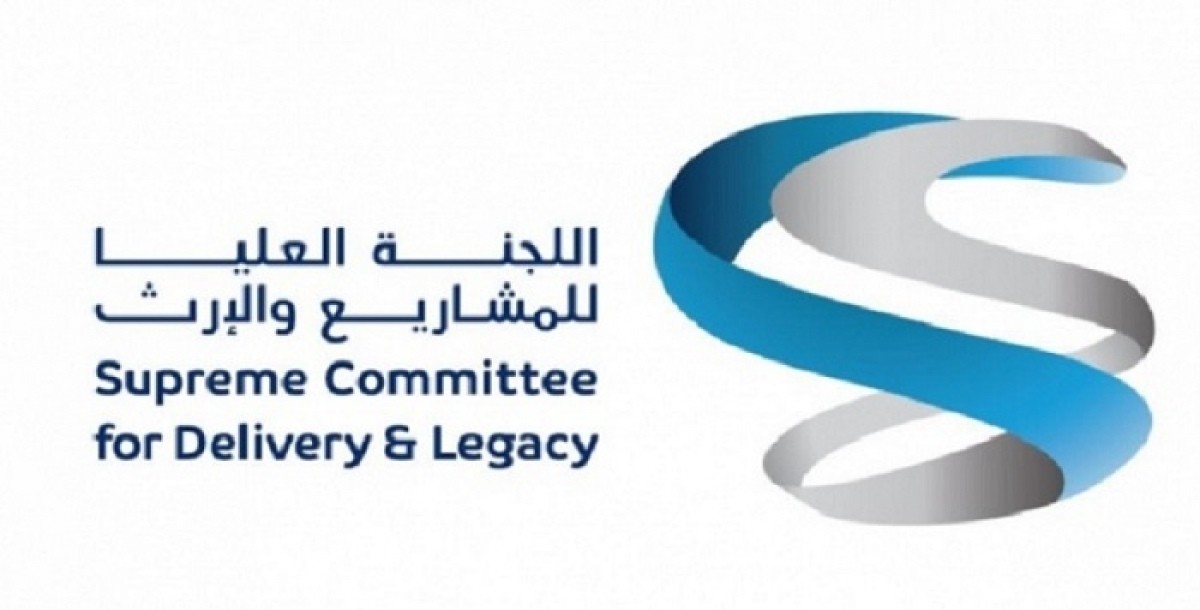.jpg)
_1-itok=GFMKQ6A9.jpg)
The Supreme Committee for Delivery & Legacy (SC) is committed to ensuring the health, safety and well-being of every worker on FIFA World Cup™ projects. We have maintained a constructive working relationship with labour organisations, including Amnesty International, to achieve these goals. However, the tone of Amnesty International's latest assertions paint a misleading picture and do nothing to contribute to our efforts.
Amnesty International's investigation was limited to just four companies out of more than 40 currently engaged on Khalifa International Stadium – Eversendai, Seven Hills, Blue Bay and Nakheel Landscapes. The conditions reported were not representative of the entire work force on Khalifa.
We acknowledge that Amnesty identified challenges in worker conditions existing during early 2015. But as the result of the Supreme Committee's continued enforcement and monitoring efforts, many of the issues raised had been addressed by June of 2015, months before the publication of Amnesty's report.
In June 2015 – seven months before Amnesty contacted us – Nakheel Landscapes had undergone a comprehensive rectification process, and are one of the most compliant companies on site. Eversendai, although having gone through a significant rectification process, have been banned from subsequent FIFA World Cup™ projects until they can demonstrate sustainable improvements.
Seven Hills and Blue Bay have not worked on FIFA World Cup™ Projects since June 2015 and are no longer eligible to work on future projects, until they demonstrate they are compliant with our Workers' Welfare Standards.
Amnesty has acknowledged the SC's Workers' Welfare Standards work. We have always maintained this FIFA World Cup™ will act as a catalyst for change – it will not be built on the back of exploited workers. We wholly reject any notion that Qatar is unfit to host the FIFA World Cup™.

